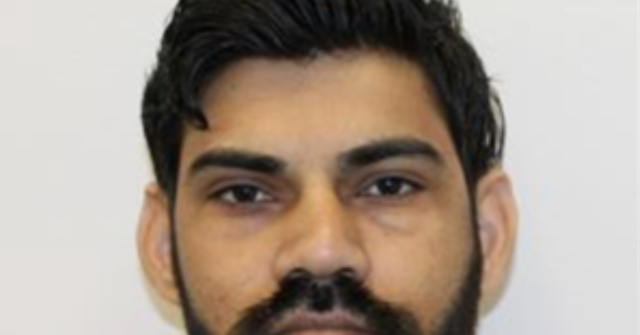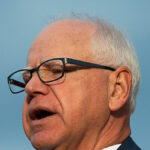An illegal alien truck driver from India is accused of killing 25-year-old William Micah Carter and 24-year-old Jennifer Lynn Lower in a crash in the sanctuary state of Oregon.
On Nov. 24, illegal alien Rajinder Kumar of India was driving a semi-truck with a Commercial Driver’s License (CDL) when he jackknifed the truck and trailer, thus blocking both lanes on United States Highway 20 in Deschutes County, Oregon.
Carter and Lower were in a Subaru Outback when they collided with the semi-truck. Both Carter and Lower were killed in the crash.
Department of Homeland Security (DHS) officials announced on Monday that the Immigration and Customs Enforcement (ICE) lodged a detainer against Kumar, seeking custody of him if he is released from jail at any time.
Kumar first crossed the southern border near Lukeville, Arizona, on Nov. 28, 2022, and was subsequently released into the U.S. interior by the Biden administration. He was then issued a CDL by the sanctuary state of California and given a work permit in 2023 by the Biden administration.
“Rajinder Kumar, a criminal illegal alien from India, was released into our country under the Biden administration and issued a commercial driver’s license by Gavin Newsom’s Department of Motor Vehicles,” DHS’s Tricia McLaughlin said:
How many more senseless tragedies must take place before sanctuary politicians stop allowing illegal aliens to dangerously operate semi-trucks on America’s roads? Our prayers are with William and Jennifer’s families. Under Secretary Noem, ICE will continue its efforts to get illegal alien truck drivers off America’s highways. [Emphasis added]
Kumar remains in Deschutes County Jail on negligent homicide and reckless endangering charges.
John Binder is a reporter for Breitbart News. Email him at jbinder@breitbart.com. Follow him on Twitter here.



